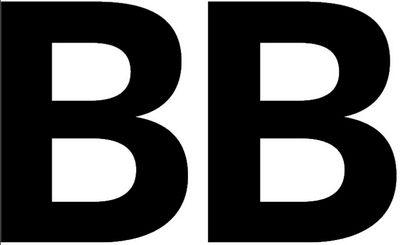A Purdue University study found that happiness increases as an individual’s income rises from $0 to roughly $75,000 per year, and then it begins to decline from there.
I don’t necessarily want to touch on my thoughts regarding the numerical finding right now (although maybe I will down the road.)
For now, I think the more interesting topic is how we choose to define happiness.
For this study, the researchers chose to make a distinction between the minute-to-minute feelings vs. the longer-term well-being that we experience as we reflect on our life. Rather than rating happiness based on the way someone would rate their emotional state throughout the day, they based their findings on the individual’s bigger picture well-being.
Overall, I like the approach and I also think that it’s not typically how most of us think about happiness.
A lot of the things that I believe have the greatest impact on my overall happiness are not necessarily activities that make me happy in the given moment.
If you were to watch me cook, I doubt it would outwardly look like I’m enjoying myself. I move quickly through the kitchen and I’m almost constantly working to keep my head above water as several things are going at once. And all of this is typically done with a serious, almost stern, look on my face.
Yet cooking can be one of my favorite activities.
Not because it’s the type of fun that I experience at an amusement park or playing a game, but because I get a deeper sense of satisfaction from the creation and personal challenge that comes with it.
Overall, these are the types of experiences that I tend to value most.
I tend to prefer a pursuit of fulfillment rather than a purely hedonistic approach.
-Brandon
